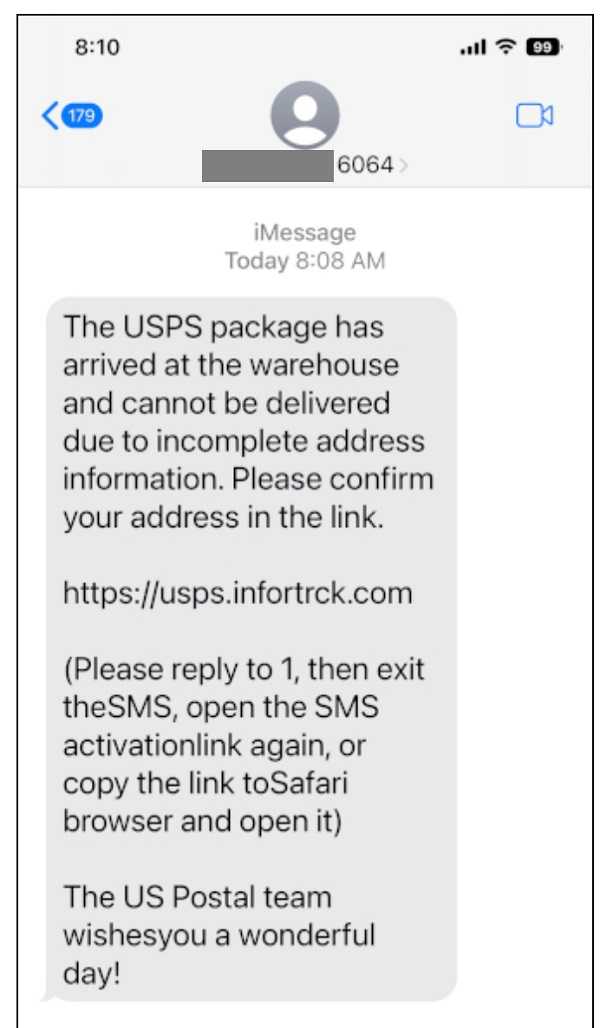Just before the holiday shopping season got completely underway, a joint “Don’t Click December” Consumer Protection Campaign was announced by the U.S. Attorney’s office, the FBI, and the Idaho State Police. Just so it would be taken very seriously, it also included participation from the Attorney General’s Consumer Protection Division, AARP Idaho, and the Better Business Bureau (BBB).
The reason for this star-studded warning? To alert the public about the importance of exercising skepticism and caution when faced with unsolicited online, email, pop-up, or text communications from unknown sources. In other words, the holly jolly phishing season has started and will continue beyond the new year.
The campaign isn’t a one-and-done message. They repeatedly warn everyone about some top scams, that are not limited to the holiday time. They include:
 "Package can’t be delivered" scam: Perpetrators claim a package cannot be delivered and urge recipients to click a link, potentially leading to the theft of personal information and/or money. The advice is to avoid clicking and instead verify directly with the delivery service or seller.
"Package can’t be delivered" scam: Perpetrators claim a package cannot be delivered and urge recipients to click a link, potentially leading to the theft of personal information and/or money. The advice is to avoid clicking and instead verify directly with the delivery service or seller.
"Account subscription" scam: Individuals may receive messages indicating a subscription renewal, prompting them to click a link. The recommendation is to report such messages as spam. If you actually do have a subscription, check your account independently of any message received.
"Phantom hacker" scam: Scammers pose as tech support, requesting remote access to a computer supposedly to install updates. We have heard this before. The goal is to steal financial information. The campaign advises against granting such requests, as legitimate entities won’t send unsolicited messages for computer access. Nor will government agencies ask you to move your money to an “alias” account.
Law enforcement emphasizes that these schemes are not exhaustive, and new threats emerge regularly. The "Don’t Click December" campaign aims to raise awareness, encouraging individuals to discuss online safety with friends and family with the expectation that everyone will heed the warnings throughout the year.
Reporting scams promptly is encouraged, as it enables law enforcement to investigate and prosecute offenders. Victims are urged to report scams to the FBI’s Internet Crime Complaint Center (IC3) or to local law enforcement agencies. The FBI emphasizes the prevalence of internet crimes, with well over 800,000 complaints received last year.
The campaign reassures victims that falling prey to online scams carries no shame, no matter what time of year it happens, as these schemes are often designed by sophisticated criminals. It promotes reporting scams and fraud incidents to the FBI and local law enforcement who can provide resources for assistance.
The campaign encourages everyone across the U.S. that while you’re shopping and clicking, it’s still important to stay informed about scams.